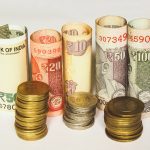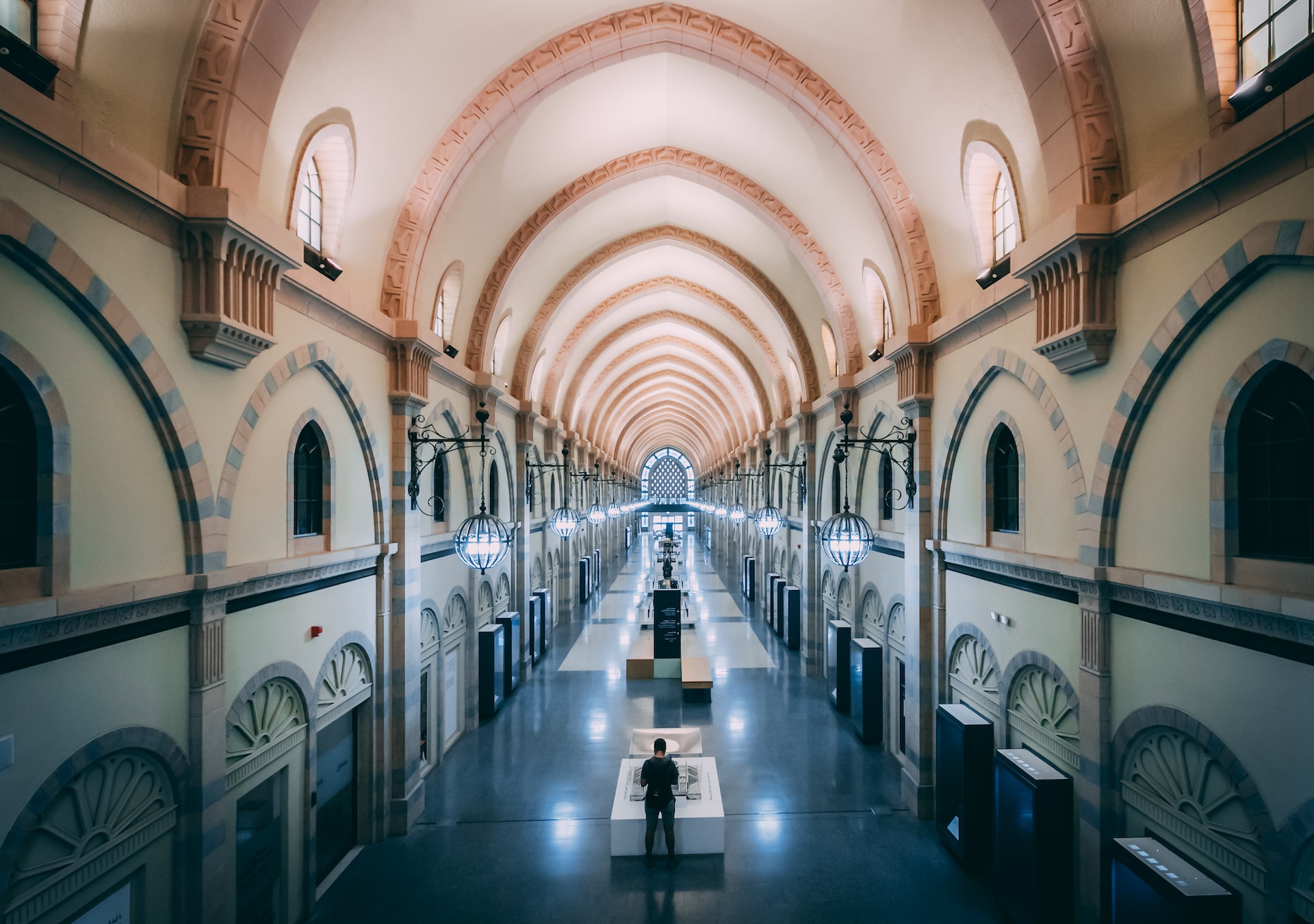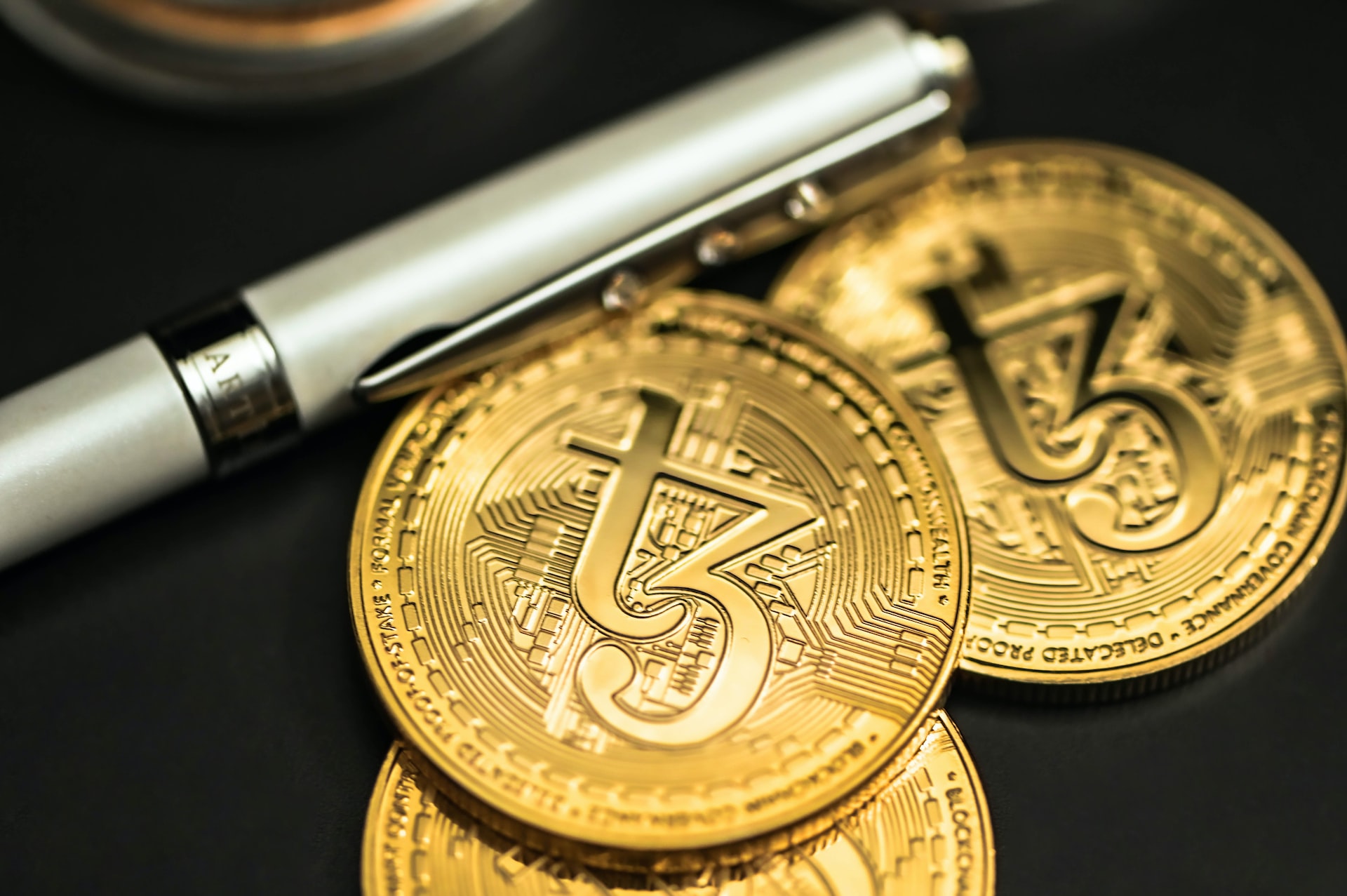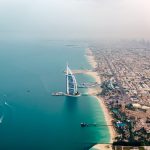Dubai Economics: A Thriving Business Hub in the Heart of the UAE

Dubai Economics: A Thriving Business Hub in the Heart of the UAE
Dubai, a city that rises like a shimmering jewel on the edge of the Arabian Gulf, is more than just a tourist destination known for its skyscrapers and luxurious lifestyle. It is also a thriving economic hub that draws businesses, investors, and entrepreneurs from across the globe. The economic landscape of Dubai is a testament to its resilience, innovation, and strategic vision.
The Pillars of Dubai’s Economic Success
Dubai’s economic success can be attributed to several key factors:
Strategic Location:
Dubai’s geographical location has been a cornerstone of its economic growth. It serves as a gateway between the East and the West, making it a strategic trade hub. The city’s proximity to major global markets has fueled its growth as a trading and logistics center.
Business-Friendly Policies:
The government of Dubai has implemented a range of business-friendly policies and incentives, including tax breaks, which have attracted both international corporations and small to medium-sized enterprises.
Infrastructure and Connectivity:
Dubai boasts state-of-the-art infrastructure, including world-class airports, ports, and transportation networks. This connectivity has facilitated trade and made the city a logistical powerhouse.
Diversification:
While Dubai has historically relied on oil as a source of income, it has made significant efforts to diversify its economy. Sectors like real estate, tourism, technology, and finance now contribute significantly to the emirate’s GDP.
Free Zones:
Dubai’s numerous free zones have been instrumental in attracting foreign investments. These zones offer a range of benefits, including full ownership for foreign companies and exemption from import and export duties.
Economic Sectors in Dubai
Dubai’s economy encompasses a wide range of sectors, each playing a vital role in its growth:
Real Estate:
The real estate sector in Dubai has been a cornerstone of economic development. The city is known for its innovative architectural marvels and ambitious construction projects.
Tourism:
Tourism is a significant contributor to Dubai’s economy. The city is famous for its luxury resorts, shopping festivals, and iconic landmarks like the Burj Khalifa and Palm Jumeirah.
Financial Services:
Dubai’s strategic vision has transformed it into a leading financial center in the Middle East. It is home to numerous international and regional banks and financial institutions.
Technology:
The technology sector is on the rise, with Dubai rapidly becoming a tech startup hub. The city’s commitment to innovation and entrepreneurship has made it attractive for tech companies and investors.
Trade and Logistics:
Dubai’s role as a global trading hub is well-established, with its ports and free zones facilitating international trade and commerce.
Dubai’s Vision for the Future
Dubai’s economic vision extends far into the future, guided by initiatives like Dubai Plan 2040. This ambitious plan focuses on enhancing the city’s quality of life, infrastructure, and economy to create a sustainable and inclusive future.
Conclusion:
Dubai’s economic success is a testament to its visionary leadership, business-friendly policies, and strategic location. It has transformed from a modest trading post into a global economic hub that attracts businesses, investors, and talent from around the world.
The city’s commitment to diversification, innovation, and sustainability ensures that Dubai will continue to thrive as a key player in the global economic landscape. Whether you’re a multinational corporation, an entrepreneur, or an investor, Dubai offers a thriving environment for growth and opportunity in a rapidly changing world.













Leave a comment